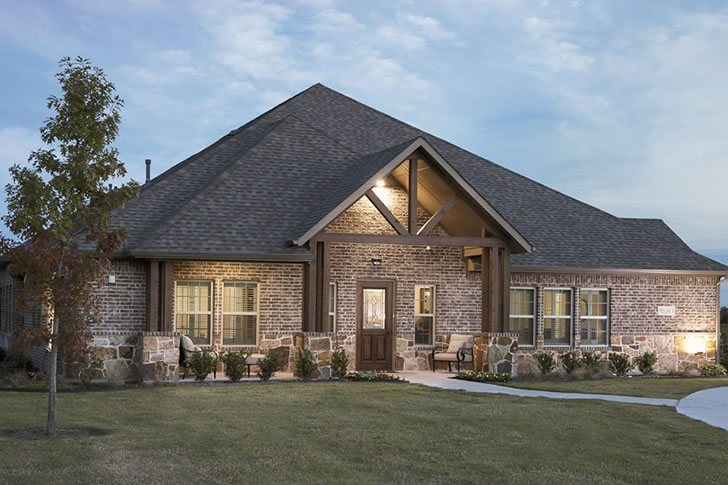How To Get Cheap Senior Apartments For Seniors
The challenges of aging often extend beyond health and mobility concerns. Financial constraints, especially housing costs, have been a growing concern for seniors, particularly those reliant on fixed incomes. We’ve carried out detailed research and might help seniors find cheap apartments.

Understanding Senior Apartments
Senior apartments are residential units specifically designed for older adults, typically those aged 55 or older. These communities cater to the lifestyle and healthcare needs of their residents, offering facilities such as:
- Accessibility Features: No-step entries, grab bars in bathrooms, and emergency call systems.
- Community and Social Activities: Regularly scheduled events and clubs to foster social interaction.
- Maintenance Services: Inclusive maintenance, removing the burden of home repairs from residents.
- Location: Often situated near healthcare facilities, shopping, and parks.
Benefits of Senior Apartments
Senior apartments provide several advantages:
- Safety and Security: Enhanced security features and community living can reduce the risks associated with living alone.
- Convenience: On-site amenities such as laundry, fitness centers, and sometimes even dining facilities.
- Community Engagement: Opportunities to engage with peers in a structured environment help reduce feelings of isolation
How Seniors Can Find Affordable Apartments
- Government Assistance Programs:
- HUD’s Section 202 Supportive Housing for the Elderly: Offers rental assistance for seniors.
- Low-Income Housing Tax Credit (LIHTC) Properties: Provides affordable rents based on area median incomes.
- Online Resources:
- Websites like AffordableHousingOnline.com and SeniorHousingNet.com list available units geared towards seniors.
- Local Non-Profit Organizations:
- Many non-profits operate senior housing and can provide listings and application assistance.
Market Analysis and Price Data
Let’s look at the current market and price trends for senior apartments in 10 different U.S. zip codes, each offering unique insights into the affordability of these living options.
| City | State | ZIP Codes | Average Monthly Cost | Features |
|---|---|---|---|---|
| Asheville | NC | 28801 | $2,500 | Scenic, tranquil, strong community |
| Tucson | AZ | 85701 | $2,200 | Mild winters, vibrant senior community |
| Lancaster | PA | 17602 | $2,800 | Cultural scene, rural surroundings |
| Sarasota | FL | 34236 | $3,000 | Beautiful beaches, active senior community |
| Ann Arbor | MI | 48104 | $2,750 | College town, robust healthcare |
| Madison | WI | 53703 | $2,900 | Excellent services, friendly community |
| Spokane | WA | 99201 | $2,400 | Affordable, quiet, outdoor activities |
| Fort Collins | CO | 80521 | $3,100 | Focus on senior health and wellness |
| Albuquerque | NM | 87102 | $2,100 | Great value, culturally rich |
| Columbia | MO | 65201 | $2,600 | Small-town feel, excellent healthcare |
Frequently Asked Questions (FAQ)
Q: What are the income requirements for these apartments?
A: Typically, income must not exceed 50-60% of the area median income to qualify for subsidized rates.
Q: Are pets allowed in senior apartments?
A: Many communities do allow pets, but there may be restrictions on size or breed.
Q: What should I look for when touring a senior apartment?
A: Check for safety features, ask about community rules, evaluate the cleanliness and maintenance of common areas, and talk to current residents about their experiences.
Conclusion
Affordable senior apartments are a vital resource, offering safety, community, and convenience for older adults. By utilizing government programs, online resources, and non-profit organizations, seniors can find suitable housing options that meet their needs and budget.
References
To validate the information and conclusions in this analysis, here are three credible sources:
https://www.seniorliving.org/care/cost/affordable/
https://www.seniorhousingnet.com/
https://www.forbes.com/health/senior-living/affordable-housing-for-seniors/







Recent Comments